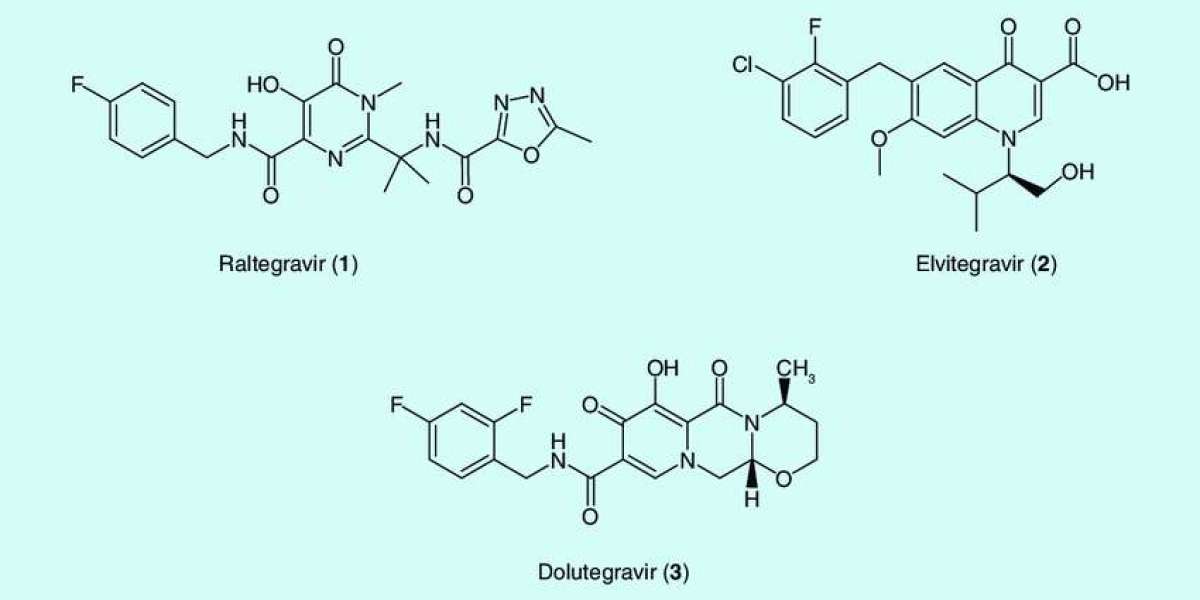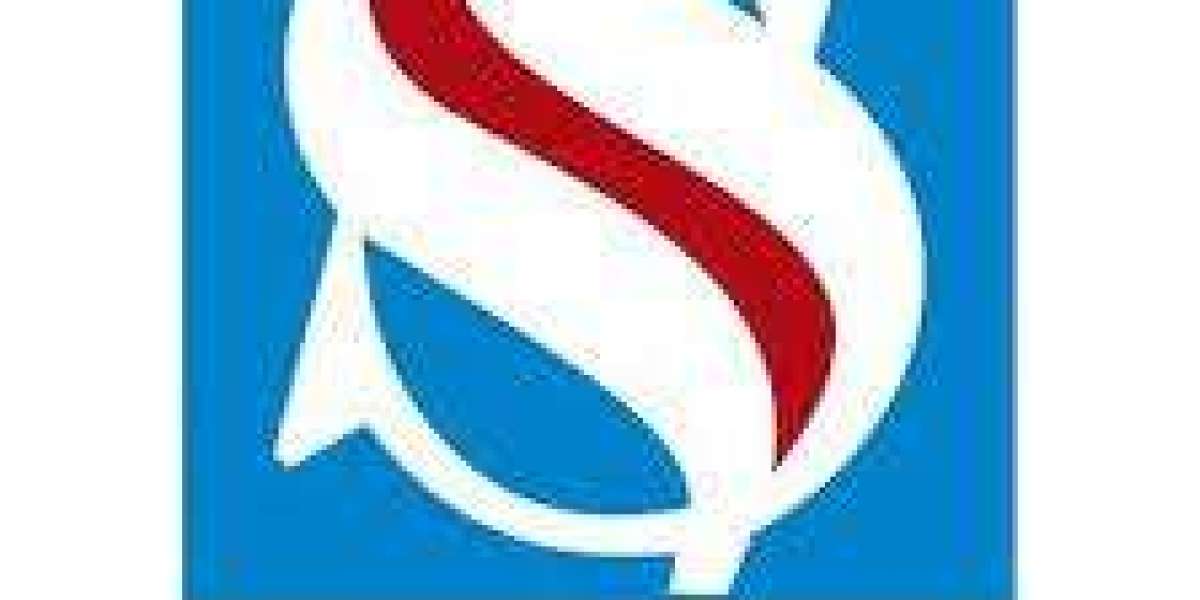The integrase inhibitors market mainly consists of pharmaceutical drugs that are used for treating human immunodeficiency virus (HIV) infection by inhibiting the integrase enzyme. These drugs block the integration of the virus genome into the DNA of the host cell, thereby stopping the replication of the HIV virus. The commonly prescribed integrase inhibitor drugs include raltegravir, dolutegravir, bictegravir, elvitegravir etc. These drugs are available as tablets, which can be administered alone or in combination with other antiretroviral medications.
The global integrase inhibitors market is estimated to be valued at US$ 33.8 Bn or Mn in 2023 and is expected to exhibit a CAGR of 10% over the forecast period 2024 to 2031, as highlighted in a new report published by Coherent Market Insights.
Market Dynamics:
One of the major drivers for the growth of the integrase inhibitors market is the increasing prevalence of HIV/AIDS worldwide. According to UNAIDS, approximately 37.7 million people were living with HIV across the world in 2020. Integrase inhibitors have become an important part of first line treatment for HIV as they have shown superior efficacy and better safety profile as compared to other older classes of antiretroviral drugs. The other driver for the market growth is the launch of newer fixed dose combination drugs by leading pharmaceutical companies. For instance, in January 2021, Gilead Sciences launched a new once-daily single tablet regimen under the brand name Biktarvy, containing bictegravir, emtricitabine and tenofovir alfoxac. Such innovative products are expected to drive the adoption of integrase inhibitors during the forecast period
SWOT Analysis
Strength: The integrase inhibitor market has witnessed significant growth over the past few years owing to the increasing prevalence of HIV infections globally. The introduction of newer generation integrase inhibitors with improved efficacy and safety profiles is expected to drive their adoption. Furthermore, supportive government initiatives and increasing awareness regarding HIV treatment are strengthening the market.
Weakness: High costs associated with integrase inhibitor drugs remain a major challenge, especially in low and middle-income countries. Patent expirations of some first-generation drugs may also impact the market revenues of major players in the coming years.
Opportunity: With promising clinical trial results, the integration of integrase inhibitors into long-acting formulations for pre-exposure prophylaxis and treatment of HIV presents significant growth opportunities. Furthermore, the rising focus on developing pan-integrase inhibitors for treating HIV strains resistant to existing drugs can open new avenues.
Threats: Stringent regulatory pathways for the approval of newer anti-HIV drugs and the threat of substitute treatments emerging may restrict the integrase inhibitor market's growth to some extent. Additionally, unfavorable changes in national treatment guidelines concerning the usage of integrase inhibitors pose threats.
Key Takeaways
The global integrase inhibitor market is expected to witness high growth over the forecast period from 2024 to 2031. Global Integrase Inhibitors Market Size stood at approximately US$ 33.8 billion in 2024 and is anticipated to reach over US$ 68.9 billion by 2031, registering a CAGR of around 10% during the forecast period.
Regional analysis: North America currently dominates the integrase inhibitor market and is expected to continue its dominance over the forecast period. This can be attributed to the rising healthcare expenditure, availability of advanced treatment options, and presence of major players in the region. However, Asia Pacific is likely to witness the highest growth over the next few years driven by factors such as the increasing HIV patient pool, growing medical tourism, and various government initiatives to spread awareness about HIV treatment in the region.
Key players operating in the integrase inhibitor market are Bristol-Myers Squibb, Merck & Co., Gilead Sciences, Janssen Pharmaceutica (Johnson & Johnson), ViiV Healthcare (GlaxoSmithKline and Pfizer), and Constellation Pharmaceuticals, among others. Bristol-Myers Squibb leads the global integrase inhibitor drug market with its blockbuster branded drugs - Reyataz and Evotaz. Merck & Co. dominates with its drugs - Isentress and Isentress HD.
Get More Insights on this Topic- https://www.marketwebjournal.com/integrase-inhibitors-market-size-share-and-demand/



